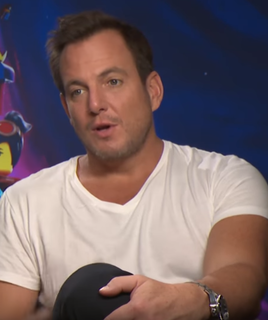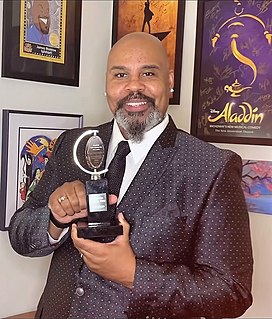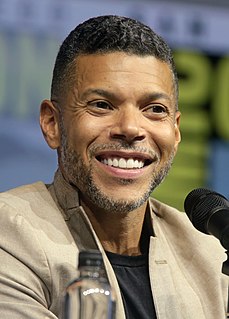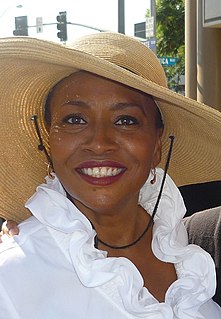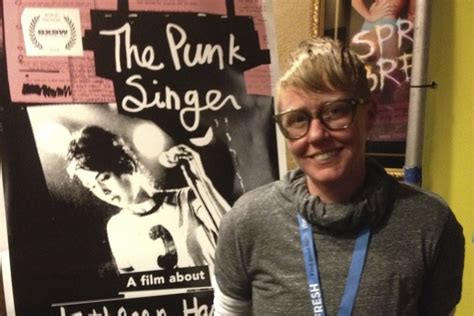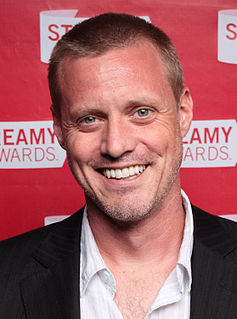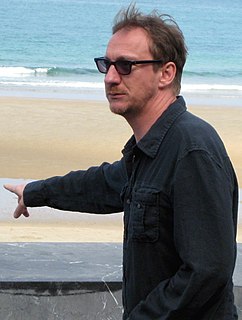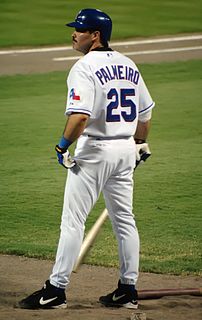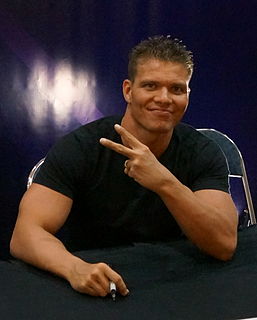A Quote by Will Arnett
Look, I get it; you come home, you work hard, and you turn on your TV... You kind of want to escape a little bit and be taken away by something. Our show required you to pay attention, and if that's not what you wanted to do, then it wasn't going to be for you, and that's OK.
Related Quotes
Pay attention to your friends; pay attention to that cousin that jumps up on the picnic table at the family reunion and goes a little too 'nutty,' you know what I mean? Pay attention to that aunt that's down in the basement that never comes upstairs. We have to pay attention to our friends, pay attention to your family, and offer a hand.
When the ball don't lie, you can look at it as, OK, if I put that hard work in with shooting, what's going to happen? The ball is going to go in more. If I'm doing a lot of hard work, in the gym, in the weight room, I'm putting that hard work in - then throughout your career, that ball is not going to lie.
I think that ties into our name and the meaning behind our name, going Against the Current. We don't really want to fit in to one section. If we're able to be grouped into one category then we've become something that already exists, probably. We want all of those kids that would come out to that pizza shop to come to our show and all of those kids who know us from the radio to come to that show. We have kids that come to our show that have been coming to concerts for years, and ones that it's their first concert and they just wanted to see it. I think that's the best way to do it.
If your skin is crawling, pay attention. If something doesn’t feel right, pay attention. If the hairs on the back of your neck prickle, if your gut clenches up, if a wave of wrongness washes over you, if your heart starts beating faster, pay, pay, pay attention. Do not second-guess yourself or rationalize anything that impedes your safety. Our instincts are the animal inside of our humanness, warning us of danger.
Hard work is the main thing-hard work and dedication. And I think a great part of it is goal setting. You set your goals to a point where they're attainable, but far enough away that you have to really go get them. And every year I push my goals a little bit farther away, and every year I work a little bit harder to get them. Every goal that I've set, I've been able to achieve. That's been very fulfilling.
So, the role of a producer is to kind of look at the show, kind of give our takes on what we see, and that'll be prior to the production meeting. Then, we kind of get assigned our matches and our segments, and then we - I like to go and collaborate with talent, and we put together what we see on TV every Monday and Friday.
